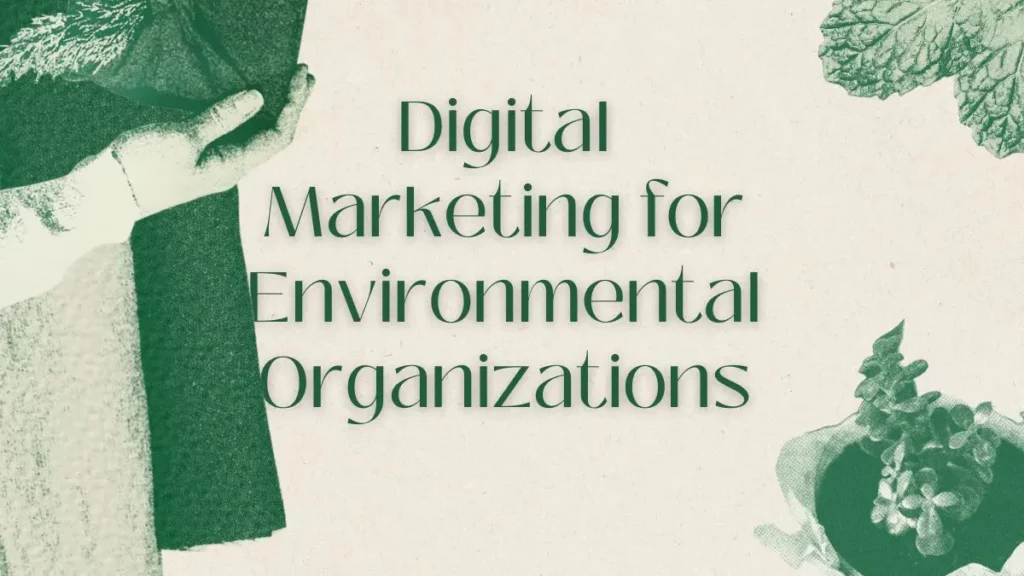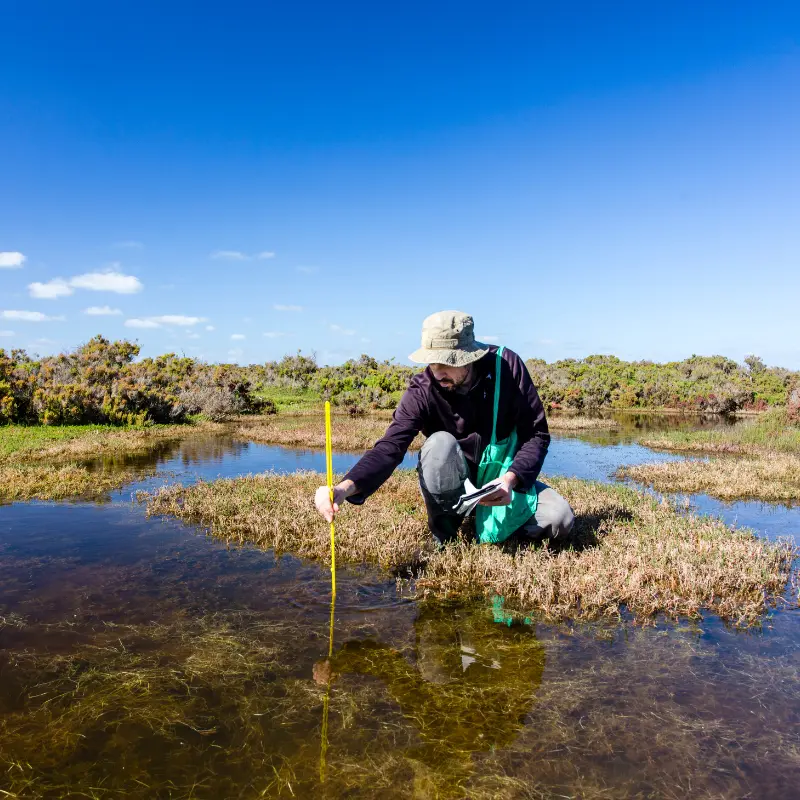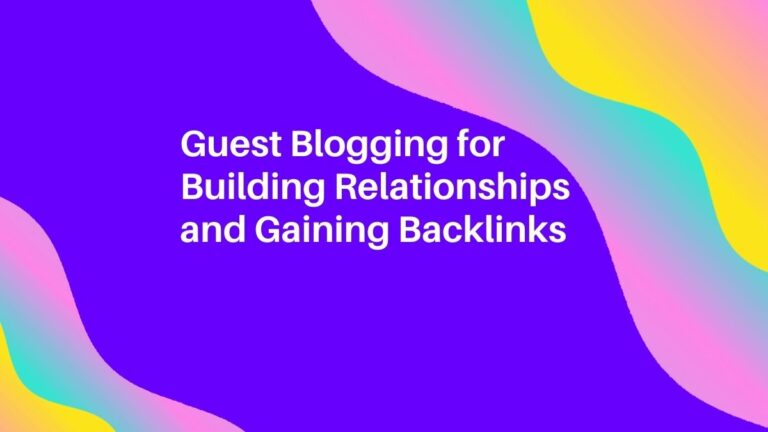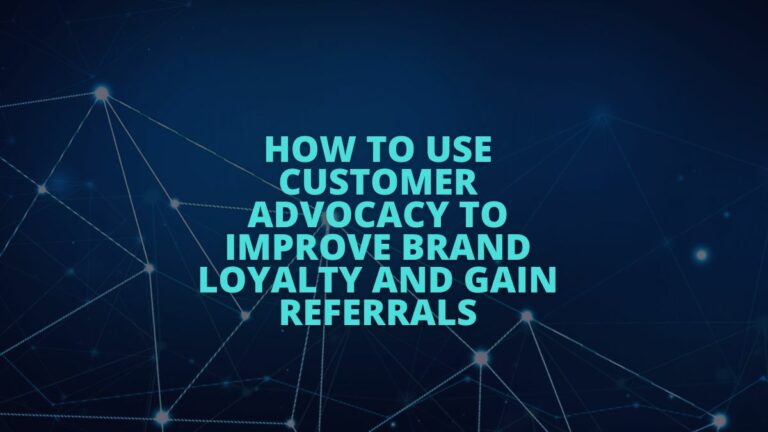
Digital Marketing for Environmental Organizations
Environmental organizations have a golden opportunity to harness the power of digital marketing to broaden their impact. The shift towards online platforms offers these groups an unparalleled medium to disseminate their message, connect with a broader audience, and mobilize collective action towards pressing environmental challenges.
Digital marketing for environmental nonprofits enables organizations to reach a global audience. It allows for targeted messaging, ensuring their efforts resonate with the right demographic. By leveraging tools such as social media, search engine optimization (SEO), and email marketing, environmental groups can drive significant engagement, foster a community of supporters, and catalyze change in pursuit of a healthier planet.
Identifying Your Audience
Understand Your Audience
Knowing your audience is the cornerstone of any successful digital marketing strategy, especially for environmental organizations. Whether you’re addressing young activists eager to make a difference, concerned parents anxious about their children’s future, or businesses looking to adopt more sustainable practices, understanding who you’re talking to is crucial.
Tailoring your message to meet these groups’ specific concerns, values, and motivations can significantly increase your communication’s effectiveness. By speaking directly to their interests and providing relevant information, you can engage a diverse array of supporters who are ready to stand behind your environmental cause.
Analytics for Targeting
Digital analytics play a pivotal role in fine-tuning your audience targeting. You can identify patterns and preferences by analyzing data on who interacts with your online content and how they engage with it. This can help refine your nonprofit marketing strategies.
This information allows you to create content that is more likely to resonate with your intended audience. Ensuring your messages reach those most inclined to support your cause. Effective use of analytics can transform your digital marketing efforts from a scattergun approach to a highly targeted campaign, maximizing impact and engagement.
Content Strategy for Engagement

Educational Content
Educational content is one of the most powerful tools at the disposal of environmental organizations, by sharing in-depth knowledge about environmental issues such as plastic pollution and solutions. You can also share the science behind them and empower your audience with the information they need to make informed decisions.
Educational content should be engaging, accessible, and actionable. It should encourage readers to delve deeper into the topics and understand their role in effecting long-term change. Simplifying complex environmental issues is essential when creating blog posts, infographics, or videos for your audience. Relating to your client’s everyday lives can drive engagement and foster a more informed supporter base.
Success Stories
Highlighting success stories is a vital component of an effective content strategy. Sharing real-life examples of positive change, whether the impact of your organization’s initiatives or broader environmental victories, can inspire and motivate your audience.
Success stories provide tangible evidence of what people can achieve together for a cause. This makes the abstract more concrete and achievable. They also serve as a powerful counter-narrative to the doom and gloom often associated with environmental issues, offering hope and a reason to get involved.
Actionable Steps
Providing clear, actionable steps is crucial for turning awareness into action. Your content should educate, inspire, and guide your audience on how they can make a difference. Whether through simple lifestyle changes, participating in nature conservancy, or supporting environmental legislation, giving your audience a clear path to involvement is essential. Actionable steps help the process of contributing to environmental causes and make it accessible to everyone, regardless of their prior engagement with ecological activism.
SEO and Online Visibility
Keywords and Optimization
Incorporating relevant keywords like “environmental organizations” and “environmental causes” into your online content is critical to improving your SEO. This practice helps ensure that your website and content are easily discoverable by those searching for information on environmental issues or looking for ways to get involved. Keyword optimization involves a strategic approach to content creation. It is helpful to find the balance of phrases people are searching for on Google and valuable content for your audience.
Visibility
Enhancing your website’s visibility through SEO strategies is crucial for driving organic traffic and raising awareness about your cause. This involves keyword optimization and optimizing your website’s structure, improving page load speeds, and ensuring that your content is mobile-friendly. By making your site more visible in search engine results, you can attract a broader audience interested in environmental issues and looking for ways to take action.
Leveraging Social Media for Advocacy
Platform-Specific Strategies
Each social media platform offers unique opportunities and challenges for advocacy. Tailoring your approach to fit the specific dynamics of platforms like Instagram, Twitter, Facebook, and LinkedIn can significantly boost your engagement rates.
This might mean creating visually compelling content for Instagram, engaging in real-time discussions on Twitter, or leveraging Facebook’s community groups to spread your message. Understanding each platform’s strengths and user demographics can help you craft more effective and engaging content.
Campaigns
Launching social media campaigns is a powerful way to encourage sharing, discussion, and participation in environmental activism. These campaigns can range from hashtag movements that raise awareness about specific issues to challenges that invite user participation in a fun and meaningful way.
Social media campaigns offer a dynamic platform for storytelling, making complex issues more relatable and shareable. Creating compelling, share-worthy content can amplify your message and engage a broader audience in your environmental cause.

Email Marketing to Mobilize Supporters
Email Lists
Building segmented email lists is a critical email marketing strategy for personalizing your outreach. By categorizing your supporters based on interests, past engagements, or demographics, you can tailor your email communications to resonate more deeply with each segment.
This personalization can increase the relevance of your messages and enhance engagement rates. This can foster a stronger connection between your organization working to reduce pollution and increase renewable energy. Whether it’s updates on ongoing projects, invitations to events, or calls to action, segmented email lists ensure that your messages reach the right people with the right message at the right time.
Engagement
Designing email campaigns that inspire action is critical to mobilizing your supporters. This involves crafting messages that inform and evoke an emotional response, driving recipients towards donations, volunteering, or participating in advocacy efforts.
Effective email marketing for environmental organizations should combine compelling storytelling with clear calls to action, making it easy for supporters to understand how they can contribute to the cause. You can turn passive readers into active participants with a positive impact through engaging and targeted email campaigns.
Analytics and Performance Tracking
Use of Analytics
Employing analytics is essential for monitoring the effectiveness of your digital marketing efforts. By tracking how your audience interacts with your content, you can gain valuable insights into what resonates and doesn’t. This data-driven approach allows you to adjust your real-time strategies, optimizing your campaigns for better engagement and impact.
Whether through social media analytics, website traffic data, or email campaign performance metrics, keeping a close eye on your digital marketing analytics can help you fine-tune your approach and achieve your organizational goals more effectively.
Key Metrics
Focusing on key metrics such as engagement rates, website traffic, and conversion rates is crucial for measuring the success of your digital marketing initiatives. Engagement rates can tell you how compelling your content is, while website traffic offers insights into your visibility and reach. Conversion rates, whether for donations, newsletter sign-ups, or event registrations, directly measure how effectively you’re mobilizing your audience. By prioritizing these metrics, you can clearly understand your digital marketing performance and identify areas for improvement.

Adopting Eco-Friendly Digital Practices
Sustainability in Digital Marketing
Aligning your digital marketing efforts with your values is crucial for environmental organizations. This can involve choosing sustainable web hosting options, optimizing website efficiency to reduce energy consumption, and minimizing digital waste by streamlining your digital assets.
Adopting eco-friendly practices in your digital marketing demonstrates a commitment to sustainability. This reinforces your nonprofit organization’s mission to reduce its impact on the environment and resonates with your environmentally conscious audience.
Case Studies and Examples
Highlighting successful digital marketing strategies environmental nonprofits use can provide valuable insights and inspiration. These case studies showcase how organizations have managed to further their causes through effective online engagement, from viral social media campaigns to impactful email marketing initiatives.
By examining these examples, environmental organizations can learn best practices and innovative approaches to digital marketing that can be adapted to their unique contexts and goals.
Final Notes on Environmental Digital Marketing
Digital marketing offers environmental organizations a powerful platform to amplify their impact on environmental causes. By embracing the strategies outlined in this guide, organizations can engage supporters, spread awareness, and drive action toward a more sustainable future.
By leveraging these tools effectively, environmental groups can significantly contribute to the global movement for environmental sustainability. As we look to the future, the call to action for ecological organizations is clear: harness the power of digital marketing to inspire change and work towards a healthier planet for generations to come.
Digital Results would be happy to help you with your digital marketing needs. Get in touch for a free 30-minute consultation—one of our experts will walk through how we can help optimize your search engine optimization (SEO).

Ready to Grow Your Search Engine Results?
Let Digital Results assist you in your SEO strategy and help
deliver the search engine results you need.






